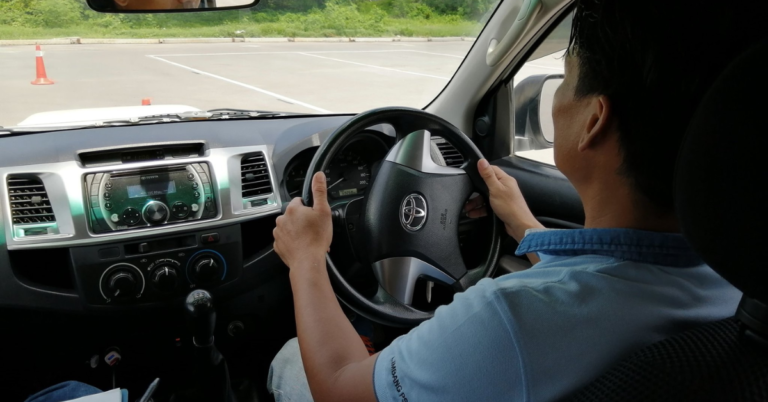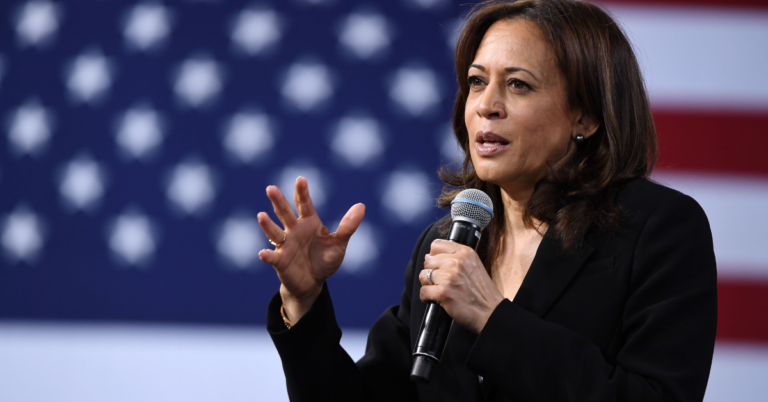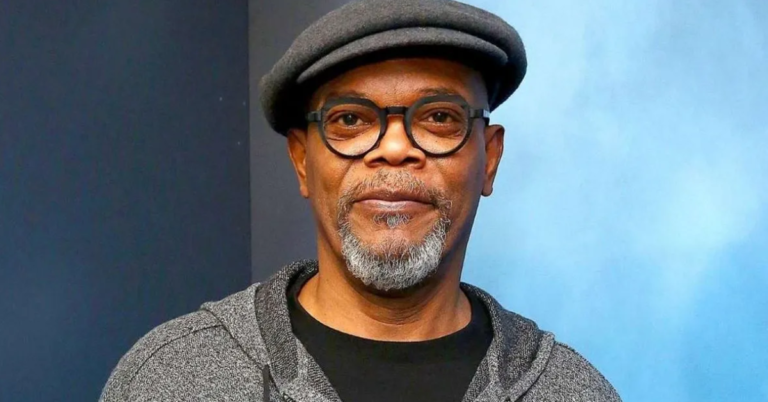Introduction
“Fiddler on the Roof,” a beloved musical created by Jerry Bock (music), Sheldon Harnick (lyrics), and Joseph Stein (book), made its Broadway debut in 1964. Set in the early 20th century in the small Jewish village of Anatevka, the musical tells the story of Tevye, a poor milkman, who struggles to maintain his family and cultural traditions in the face of changing social norms and political upheaval. The lyrics of “Fiddler on the Roof” play a crucial role in conveying the emotional depth and thematic richness of the story. This article will explore the lyrics, their significance, and the key themes they encapsulate.
Exploring the Lyrics
The lyrics of “Fiddler on the Roof” are notable for their ability to capture complex emotions and cultural nuances. Here are some of the standout songs and their thematic implications:
1. “Tradition”
The musical opens with the song “Tradition,” which sets the tone for the entire narrative. In this song, Tevye explains the vital role of tradition in his family’s life and the community of Anatevka. The repetitive structure of the lyrics emphasizes the importance of these customs and the way they shape identity. Lines such as “Without our traditions, our lives would be as shaky as a fiddler on the roof” highlight the precariousness of life without a solid foundation in cultural practices.
2. “Matchmaker, Matchmaker”
This song introduces the theme of marriage and the role of the matchmaker in Jewish society. The lyrics reflect the hopes and dreams of Tevye’s daughters as they navigate the complexities of love and arranged marriages. The juxtaposition of desire and duty in the lyrics reveals the tension between personal happiness and societal expectations. Lines like “Make me a match, find me a find” showcase the longing for love, while also emphasizing the traditional route of arranged marriages that many families still adhered to.
3. “If I Were a Rich Man”
In this iconic number, Tevye dreams of wealth and the freedom it would bring. The lyrics convey both humor and a deep-seated desire for a better life, illustrating Tevye’s struggles with poverty. The song’s playful tone contrasts with its underlying message about the limitations that poverty imposes on his aspirations. The line “I’d build a big tall house with rooms by the dozens” encapsulates his longing for comfort and stability, reflecting the universal desire for prosperity and success.
4. “Sunrise, Sunset”
This poignant song reflects on the passage of time and the inevitable changes that come with it. The lyrics evoke a sense of nostalgia and loss as Tevye and his wife, Golde, reflect on their children growing up and moving away. Lines like “Is this the little girl I carried?” encapsulate the bittersweet nature of parenting and the fleeting nature of childhood. The song serves as a reminder of the cycles of life and the constant evolution of familial relationships.
5. “Anatevka”
In the final moments of the musical, the song “Anatevka” encapsulates the themes of home and displacement. The lyrics reflect the heart-wrenching reality of the villagers being forced to leave their homes due to political persecution. Tevye’s longing for Anatevka serves as a powerful testament to the importance of home and community. The poignant lines, “In my little village of Anatevka,” underscore the pain of leaving behind a life built on tradition, family, and belonging.
Thematic Analysis
The lyrics of “Fiddler on the Roof” are rich with themes that resonate with audiences of all backgrounds:
- Tradition vs. Change: The struggle between maintaining cultural traditions and adapting to modern influences is a central theme. Tevye’s conflict illustrates the challenges faced by families and communities during times of upheaval.
- Family and Community: The bonds between family members are explored through the lyrics, highlighting the importance of love, support, and shared history. The interactions between Tevye and his daughters reveal the complexities of familial relationships in a changing world.
- Social Class and Aspirations: The desire for wealth and social mobility is depicted through Tevye’s dreams, representing the broader human experience of longing for a better life.
- Loss and Nostalgia: The passage of time and the inevitability of change are poignantly captured in songs like “Sunrise, Sunset,” evoking feelings of nostalgia and loss.



